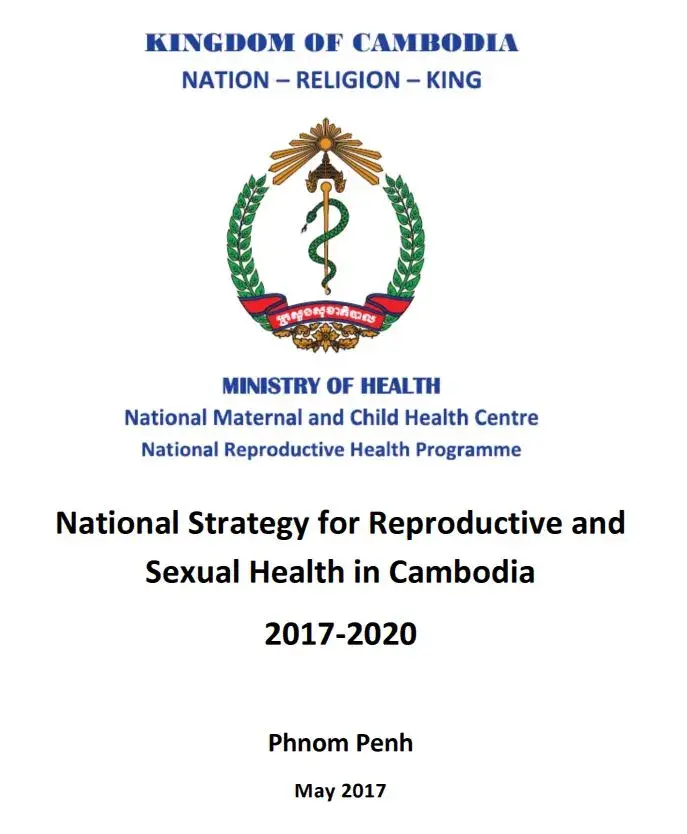Reproductive health was first defined at the 1994 International Conference on Population and Development (ICPD) in Cairo, and later by WHO and others, as “a state of complete physical, mental and
social wellbeing and not merely the absence of disease or infirmity in all matters related to the reproductive system and to its functions and processes”. Reproductive rights, also initially clarified at ICPD, recognize the
basic rights of all couples and individuals to decide freely and responsibly the number, spacing and timing of their children, to have the information and means to do so, and to attain the highest standard of sexual and
reproductive health. It includes the right to make decisions concerning reproduction free of discrimination, coercion and violence, as expressed inhuman rights documents. The ICPD Programme of Action (ICPD‐
PoA) includes a call for all states to:
- ensure that comprehensive and factual information and a full range of reproductive healthcare services, including family planning, are accessible, affordable, acceptable and convenient to all users;
- enable and support responsible voluntary decisions about child‐bearing and methods of family planning of their choice, as well as other methods of their choice for regulation of fertility which are not against the law and to have the information, education and means to do so; and
- meet changing reproductive health needs over the life cycle and to do so in ways sensitive to the diversity of circumstances of local communities.


